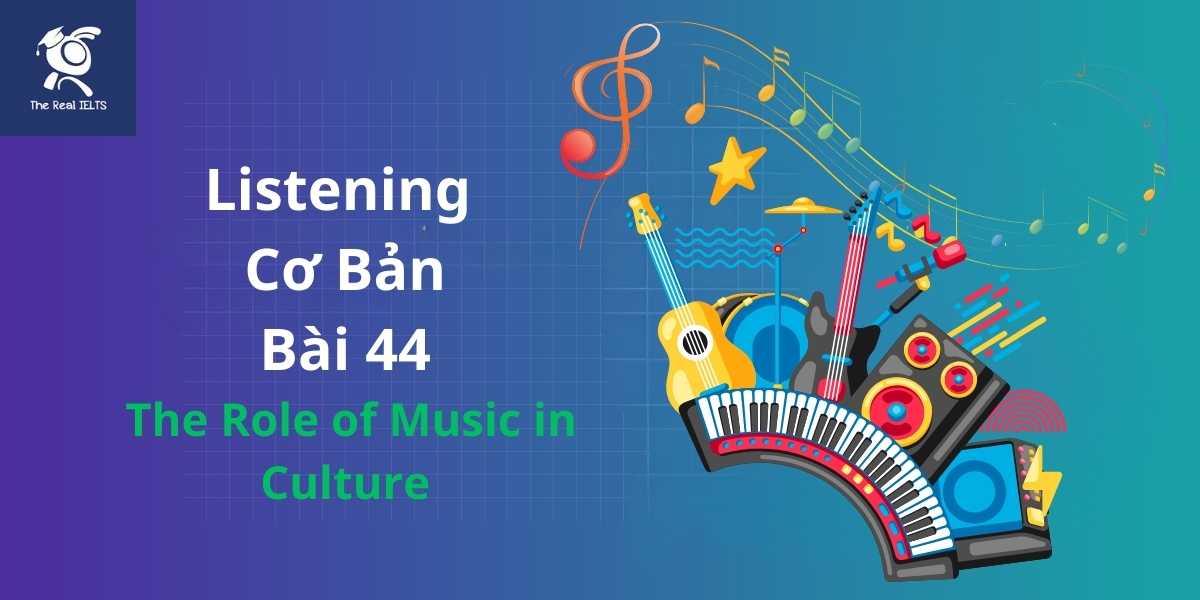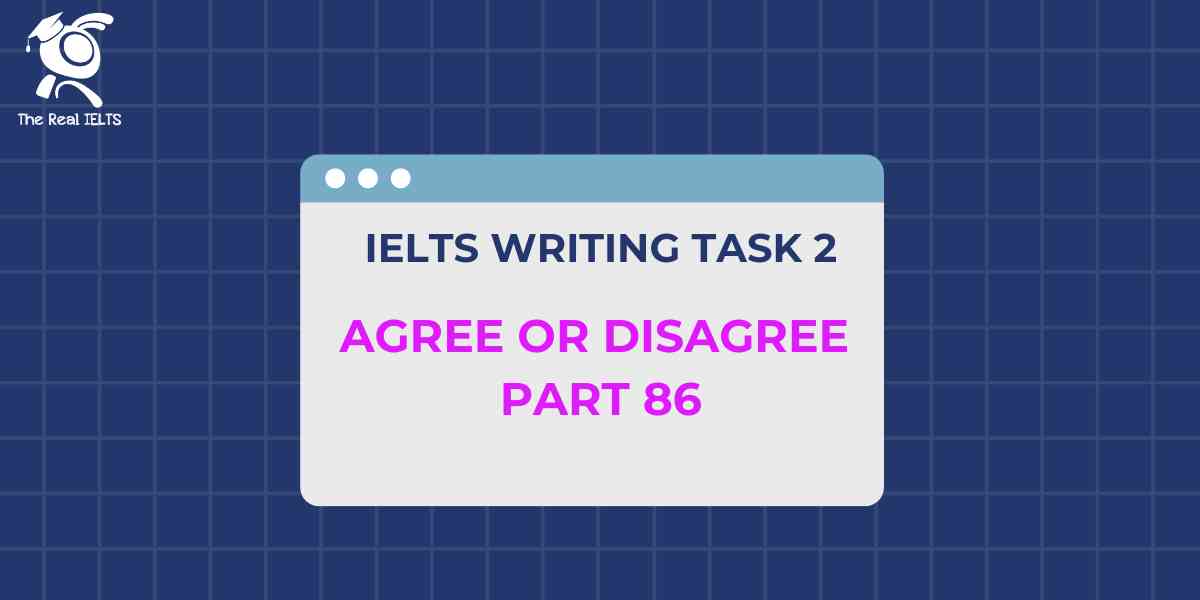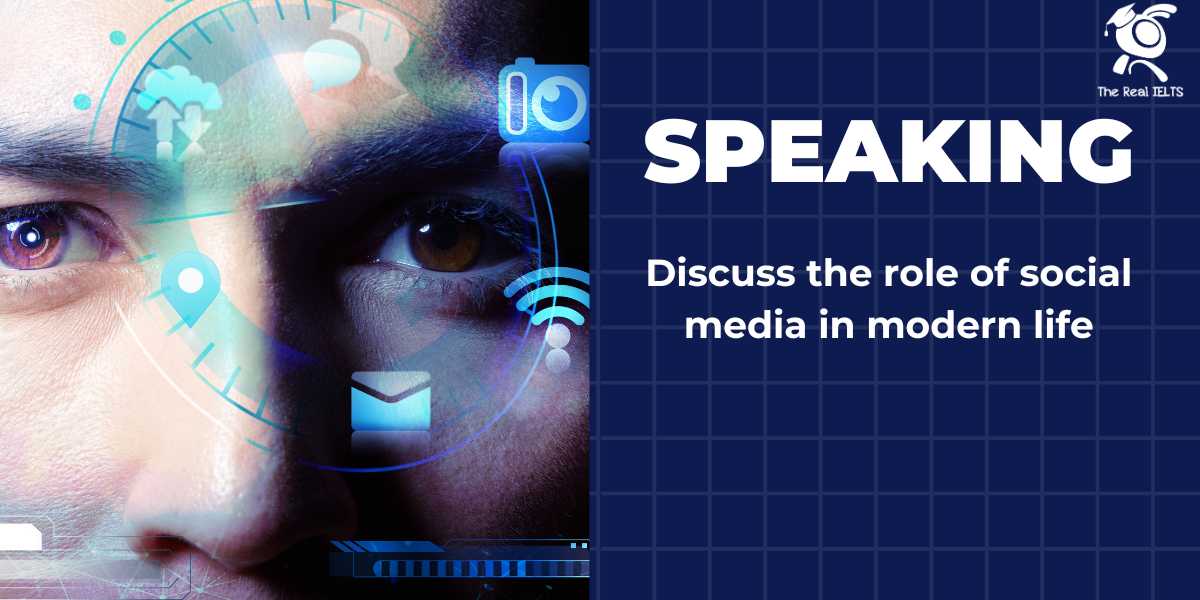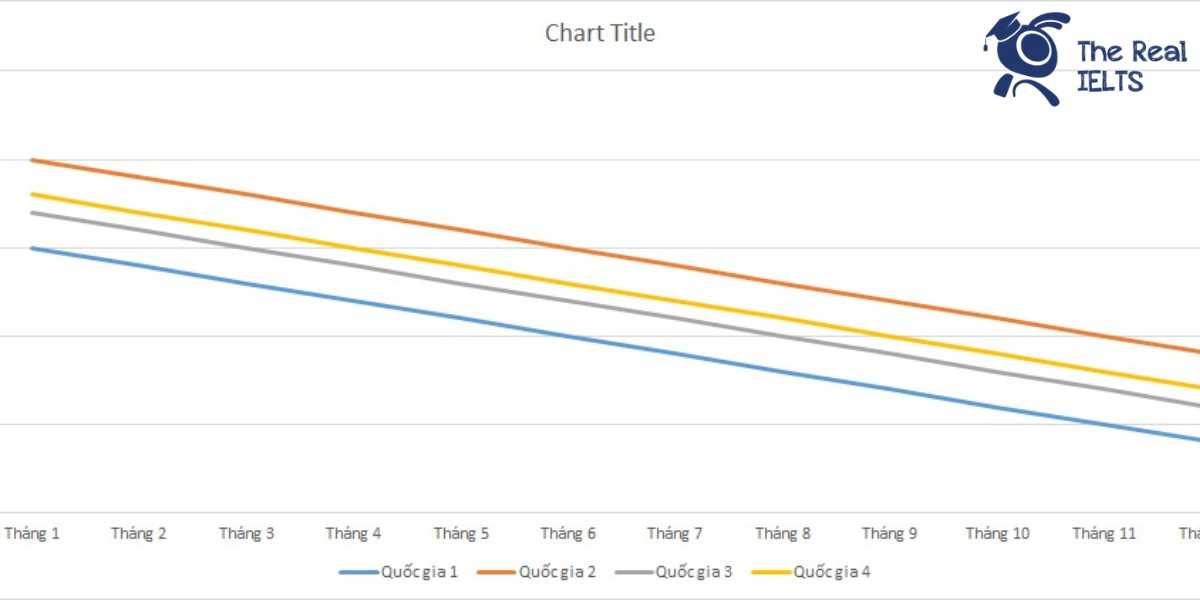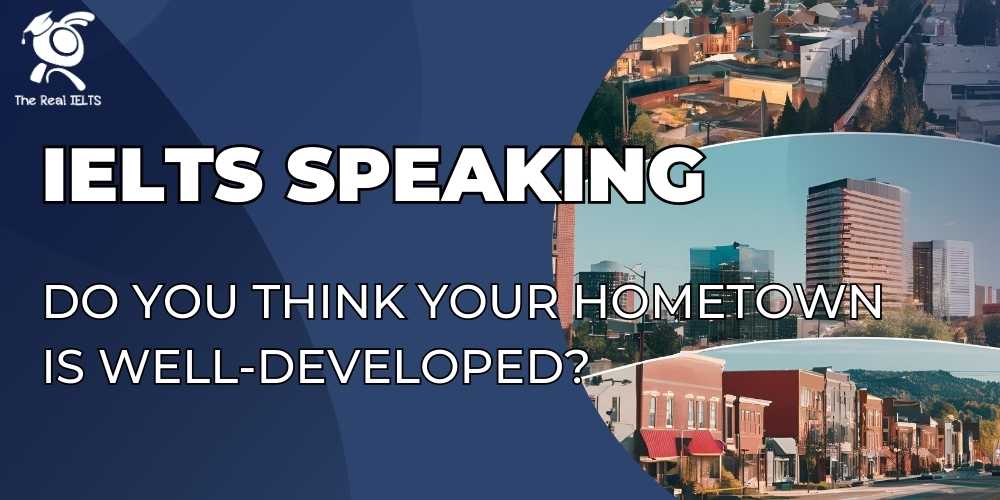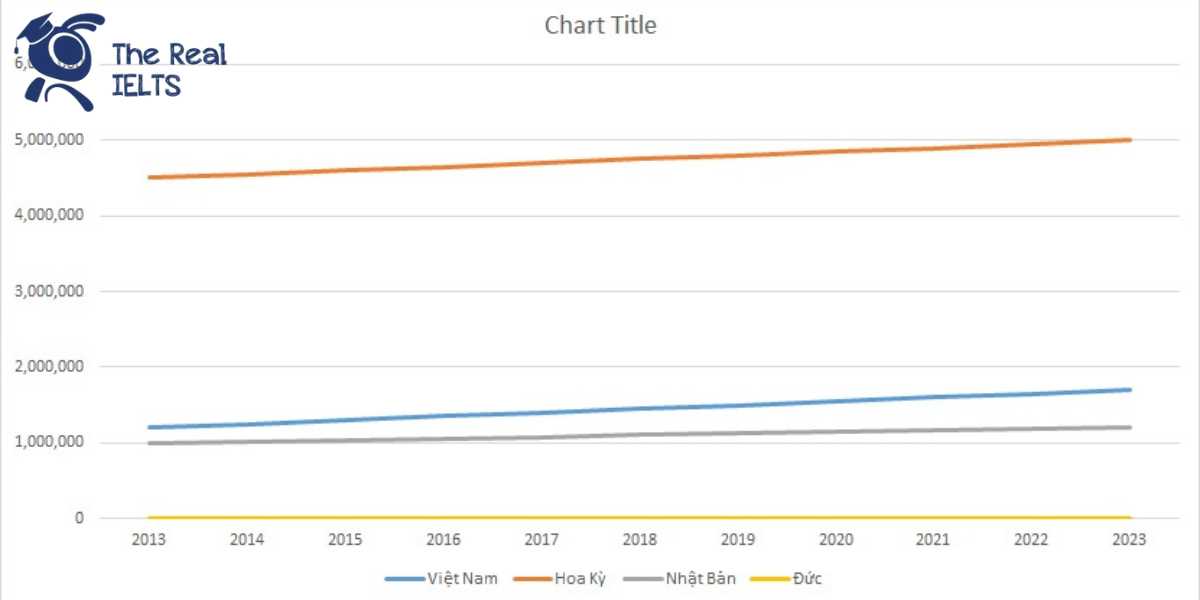Bài Listening nói về âm nhạc đóng vai trò quan trọng trong văn hóa, kết nối con người qua những cảm xúc và câu chuyện. Nó phản ánh bản sắc dân tộc, truyền tải giá trị văn hóa và lịch sử. Âm nhạc cũng là công cụ mạnh mẽ để thể hiện bản thân, tạo sự đoàn kết và phát triển sáng tạo trong cộng đồng.
Bài Listening
Questions
Section 1: Multiple Choice (Choose the correct answer)
- According to the passage, how is music used in many indigenous cultures? a) As a form of entertainment. b) To recount historical events and genealogies. c) To express rebellious spirits. d) As a tool for educational purposes.
- What does the passage suggest about the role of jazz music in Western culture? a) It is primarily used in rituals and ceremonies. b) It originated in European communities. c) It symbolizes creativity and resilience. d) It mirrors the rebellious spirit of youth.
- How does the passage describe the impact of global music phenomena like the Beatles and BTS? a) They divide fans across different cultures. b) They bring fans together, fostering a sense of community. c) They primarily focus on Western audiences. d) They have little influence on social cohesion.
Section 2: Short Answer
- What psychological benefits of music are mentioned in the passage?
- How can incorporating music into the curriculum benefit students in educational settings?
Section 3: Summary Completion
Complete the summary using no more than two words from the passage for each blank.
Music serves various roles in different cultures. In indigenous societies, it is part of rituals and ceremonies, used to pass down _________ and traditions. In Western cultures, genres like jazz and rock reflect social changes and can symbolize creativity and ________. Music also unites people across cultures, as seen with global phenomena like the Beatles, fostering a sense of ________. Additionally, music provides psychological benefits, such as reducing stress and improving ________. Incorporating music into education can enhance memory retention and ________.
Answers
Section 1: Multiple Choice
- b) To recount historical events and genealogies.
- c) It symbolizes creativity and resilience.
- b) They bring fans together, fostering a sense of community.
Section 2: Short Answer
- The psychological benefits of music mentioned in the passage are reducing stress, improving mood, and enhancing cognitive performance.
- Incorporating music into the curriculum can aid memory retention and learning.
Section 3: Summary Completion
Music serves various roles in different cultures. In indigenous societies, it is part of rituals and ceremonies, used to pass down stories and traditions. In Western cultures, genres like jazz and rock reflect social changes and can symbolize creativity and resilience. Music also unites people across cultures, as seen with global phenomena like the Beatles, fostering a sense of community. Additionally, music provides psychological benefits, such as reducing stress and improving mood. Incorporating music into education can enhance memory retention and learning.
Audio Scripts
Music has played a significant role in cultures around the world for centuries. From traditional folk songs to contemporary pop music, it reflects societal values, histories, and traditions. In many indigenous cultures, music is intertwined with rituals and ceremonies, often serving as a means of passing down stories and traditions from one generation to the next. For example, in West African societies, the griot, or traditional storyteller, uses music to recount historical events and genealogies.
In contrast, in Western cultures, music often serves as a form of entertainment and self-expression. The evolution of genres such as jazz, rock, and hip-hop has not only provided enjoyment but also mirrored social changes and movements. Jazz, originating from African American communities in the early 20th century, became a symbol of creativity and resilience. Similarly, rock music in the 1960s and 70s expressed the rebellious spirit of youth and the desire for social change.
Moreover, music has the power to bring people together, transcending linguistic and cultural barriers. Global phenomena like the Beatles and BTS illustrate how music can unite fans across the world, fostering a sense of community and shared experience. Music festivals, like Glastonbury in the UK and Coachella in the US, draw audiences from diverse backgrounds, all coming together to celebrate their shared love of music.
In addition to its social functions, music also has psychological benefits. Studies have shown that listening to music can reduce stress, improve mood, and even enhance cognitive performance. In educational settings, incorporating music into the curriculum can aid memory retention and learning. Therefore, the role of music in culture is multifaceted, influencing everything from social cohesion to individual well-being.
Học lại bài cũ: Bài tập Listening 43: The Science of Climate Change.


